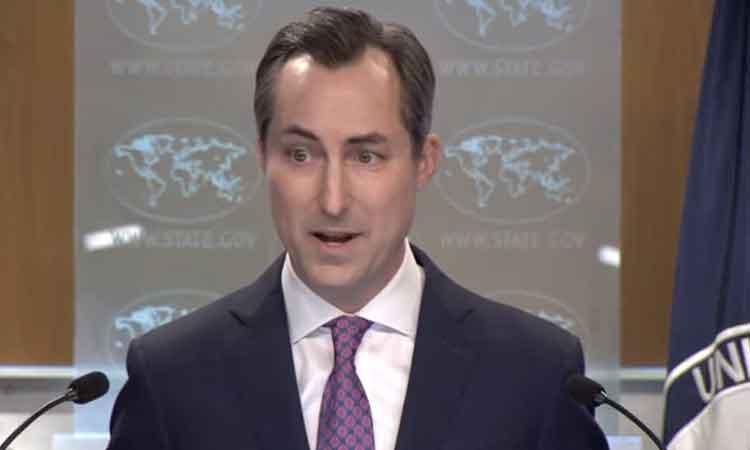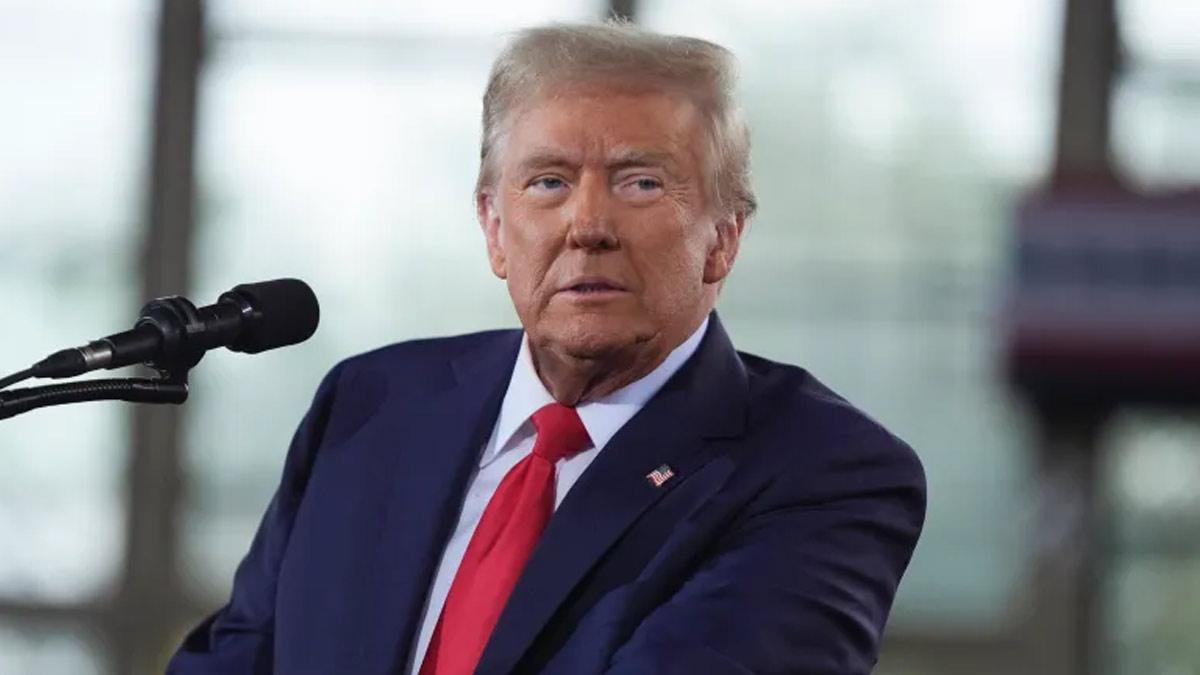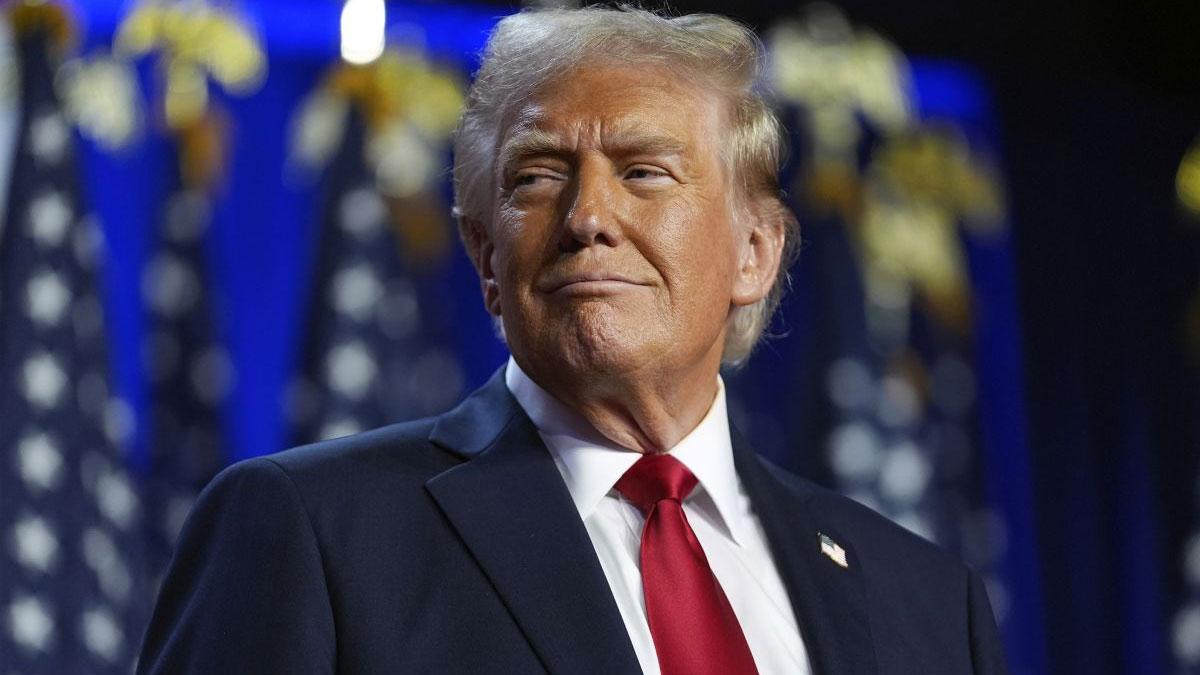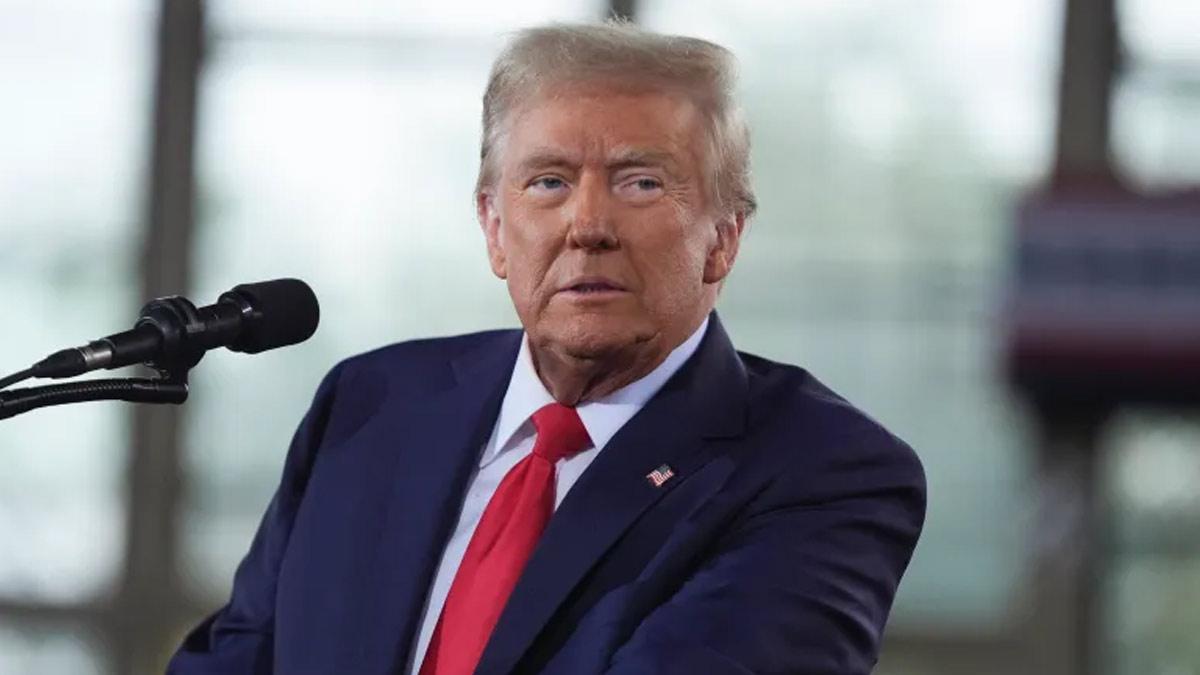The United States has said that the presence of Canadian diplomats on the ground in India is required to resolve the differences between the two countries. This statement comes following Canada's evacuation of 41 diplomats and 42 dependents from India, a response to New Delhi's threat to revoke their diplomatic immunity amid a diplomatic clash linked to the assassination of Hardeep Singh Nijjar, a pro-Khalistani hardliner.
State Department spokesperson Matthew Miller voiced concern regarding the departure of Canadian diplomats and their dependents, emphasizing the need for diplomatic presence to address differences. The U.S. has urged the Indian government not to insist on reducing Canada's diplomatic representation in India and to cooperate in the ongoing Canadian investigation.
"We are concerned by the departure of Canadian diplomats from India, in response to the Indian government’s demand of Canada to significantly reduce its diplomatic presence in India," State Department spokesperson Matthew Miller said on Friday.
"Resolving differences requires diplomats on the ground. We have urged the Indian government not to insist upon a reduction in Canada’s diplomatic presence and to cooperate in the ongoing Canadian investigation," Miller said.
Canada's Foreign Minister, Melanie Joly, declared that only 21 Canadian diplomats would remain in India. The United States, in a State Department release, called on India to uphold its commitments under the 1961 Vienna Convention on Diplomatic Relations, particularly concerning the privileges and immunities of Canadian diplomats.
Joly accused India of unilaterally stripping diplomatic privileges and immunities, violating international law and the Vienna Convention. India's Ministry of External Affairs countered this assertion, stating that its actions align with Article 11.1 of the Vienna Convention, allowing the receiving state to limit the size of a foreign mission based on reasonableness and local conditions.
The Ministry emphasized that the larger presence of Canadian diplomats in India and their interference in internal matters warranted mutual diplomatic presence in both New Delhi and Ottawa, explaining India's actions as a matter of diplomatic parity.
This development follows accusations by Prime Minister Justin Trudeau in mid-September, alleging the involvement of Indian government agents in Nijjar's assassination on Canadian soil. India rejected these claims as "absurd," leading to a tit-for-tat expulsion of diplomats and travel advisories.
Trudeau emphasized the importance of continued constructive engagement with India, acknowledging its growing global significance, despite the diplomatic tensions. The situation underscores the delicate balance in diplomatic relations between nations and the need for resolution to maintain stable international ties.
Also read | Rishi Sunak tells Justin Trudeau he hopes to see 'de-escalation' in India-Canada tension


















